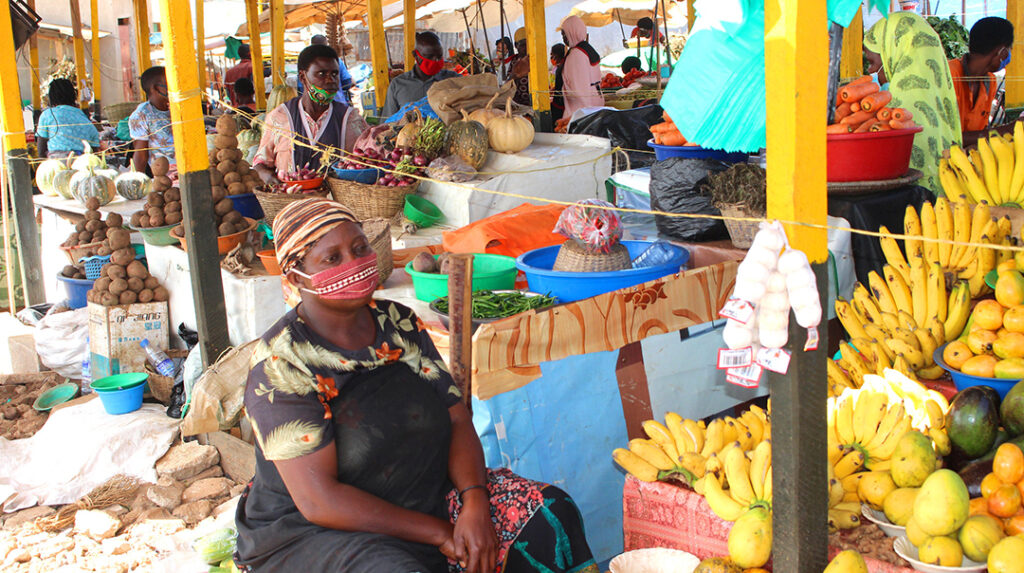ADF STAFF
In the early days of the COVID-19 pandemic, public health officials warned that the disease could overwhelm the continent’s fragile health care system and lead to devastating numbers of people falling sick and dying.
The fact that this forecast never came true remains one of the most enduring questions of the pandemic. Researchers at the Uganda Virus Research Institute have launched a four-year study to understand why Africa’s pandemic experience has differed so much from the rest of the world.
“Overall, the study will provide additional help to researchers worldwide in understanding the unique features of our body immunity,” said Dr. Jennifer Serwanga, assistant director of research at the institute.
There are a variety of hypotheses for why Africa’s numbers differ from those of other continents.
Some say Africa’s youth (a median age of 19) has protected the majority of the population from a disease that has had the biggest impact on the elderly. Others say the continent’s low rate of testing means an accurate case count is impossible. A variety of other theories looked at everything from diet to traditional health practices.
Dr. Misaki Wayengera, head of Uganda’s ministerial Scientific COVID-19 Committee, attributes the difference to Africa’s largely rural nature.
“COVID-19 is a disease of urbanity,” Wayengera told Uganda’s The Independent. “Africa is not very urbanized.”
As an airborne respiratory disease, COVID-19 transmits most easily in areas with high population density. Wayengera pointed out that the disease was first concentrated in Uganda’s capital, Kampala, and took many months to expand to rural areas.
Research such as that planned by the institute is likely to fill in crucial gaps in understanding COVID-19’s impact on the continent, according to public health experts.
Since the pandemic began in early 2020, Africa has reported less than 5% of COVID-19 cases worldwide. As of mid-May, the continent reported 11.5 million cases and 252,000 deaths with a recovery rate of 94%.
Several studies examining the number of deaths in Africa say the actual death count from COVID-19 could be as much as three times higher than the official count, which is based largely on hospital records and may omit deaths at home or outside major cities.
Poor tracking of vital records such as births and deaths in many countries has made it difficult to get a true grasp of the pandemic’s impact on the continent.
Testing has also skewed Africa’s COVID-19 results by focusing mainly on people showing symptoms, thereby undercounting those whose infections were mild or had no symptoms, Dr. Matshidiso Moeti, director of the World Health Organization’s Africa regional office, said during a recent briefing.
New research by Moeti’s office has used blood samples from people across the continent to get a glimpse into the spread of COVID-19. That research suggests that 67% of Africa’s 1.3 billion residents have been exposed to the COVID-19 virus.
“Available data is likely only scratching the surface of real COVID-19 infections in Africa,” Moeti said. “True infections could be 97% higher than reported.”

